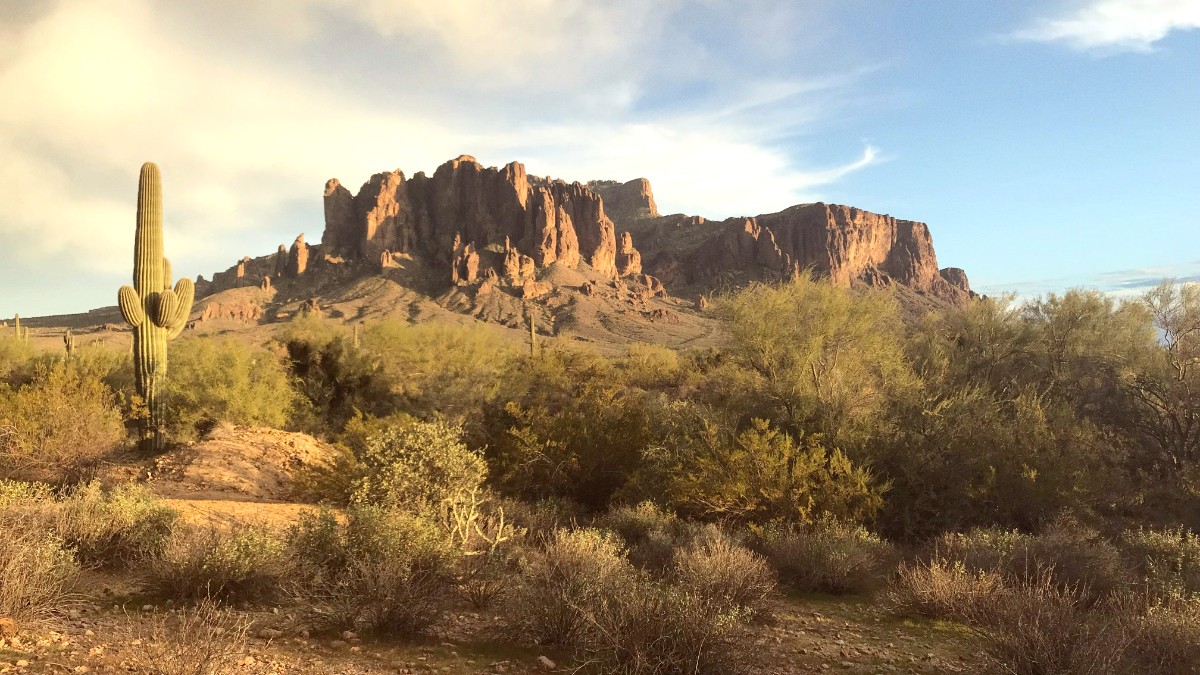
Arizona, USA
Phoenix Mountains Preserve, South Mountain Park and Preserve, Papago Park: These large municipal parks are protected areas within the city. They are for preserving the unique Sonoran Desert ecosystems. They offer habitats for native plants and wildlife.
Desert Botanical Garden: This institution focuses on desert plant conservation, research, and public education. It actively works to protect endangered species. Arizona Game and Fish Department: This state agency manages wildlife and habitats across Arizona. It undertakes conservation efforts for diverse species.
Recycling: Blue bins for recycling are common for residential and commercial properties in Phoenix. Generally accepted materials include glass, most plastics (1-7), paper, and cardboard. Check local guidelines. Waste: Non-recycled waste goes to landfills. Litter: Avoid littering, especially in natural areas.
Water conservation and carbon offset are practices in the desert.
Phoenix exists in an arid environment. Water conservation holds utmost significance.
Various organizations supply carbon offset programs. These programs help lessen the environmental impact of flights and car travel.
Some hotels and resorts in Phoenix implement sustainable practices.
Tour operators focusing on outdoor activities often emphasize "Leave No Trace" principles.
Select gear from companies prioritizing sustainability in their production. Patagonia: Sustainable outdoor gear
Carry reusable items to reduce waste during your travels. Package Free Shop: Reusable goods
Reducing your environmental footprint in the desert is . Carry a reusable water bottle. Use public transport when possible. Conserve water in your accommodation.
Considerate interactions enrich your cultural journey in Phoenix.
Institutions across Phoenix work to maintain and present cultural heritage.
Mindful engagement ensures positive experiences for all.
Demonstrate respect when visiting sacred places.
Simple courtesies make a positive impression.
A courteous attitude always stands appreciated.
Always seek permission before taking pictures of individuals.
In conversations, listening more than speaking is valued.
It promotes understanding and positive interactions.
Make choices that positively sway the local economy.
Support local ventures for a direct community return.
Shop mindfully to support fair practices.
Your choices in spending direct tourism dollars where they count.
Awareness helps avoid supporting exploitative ventures.
If you wish to contribute to the community, make informed donations.
Research reputable local charities or non-profits that address community needs or environmental conservation.
Direct giving to individuals on the street often proves less effective and can sometimes perpetuate cycles of dependency.
Organizations with established programs best channel your generosity to those in need.
Be cautious of deceptive practices or exploitation. Verifying a business's reputation before large purchases safeguards your ethical choices.
Traveling responsibly means considering your economic impact. Choosing locally-owned businesses and being aware of ethical practices strengthens the community you visit.